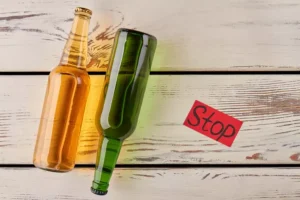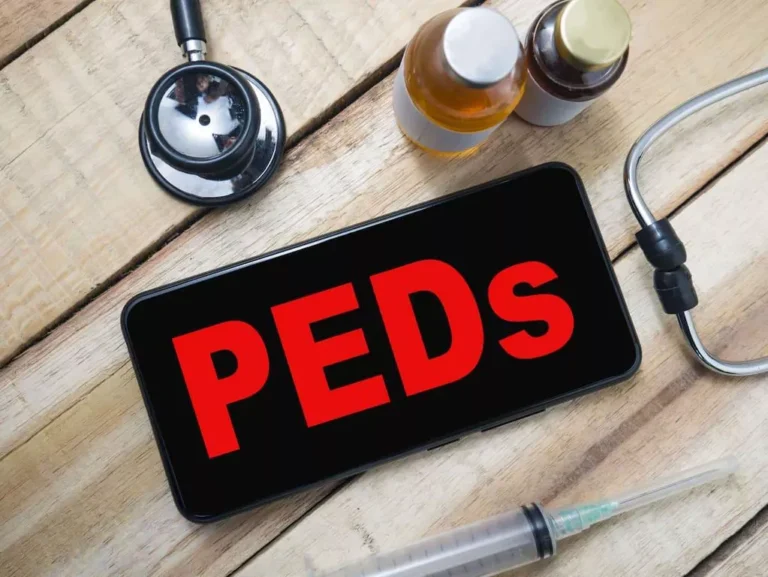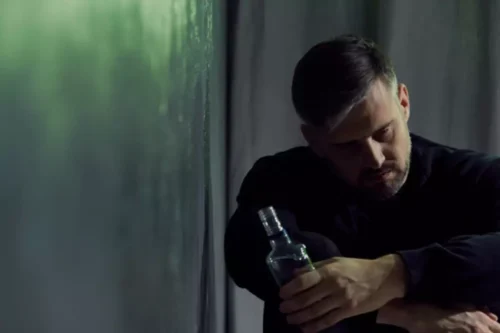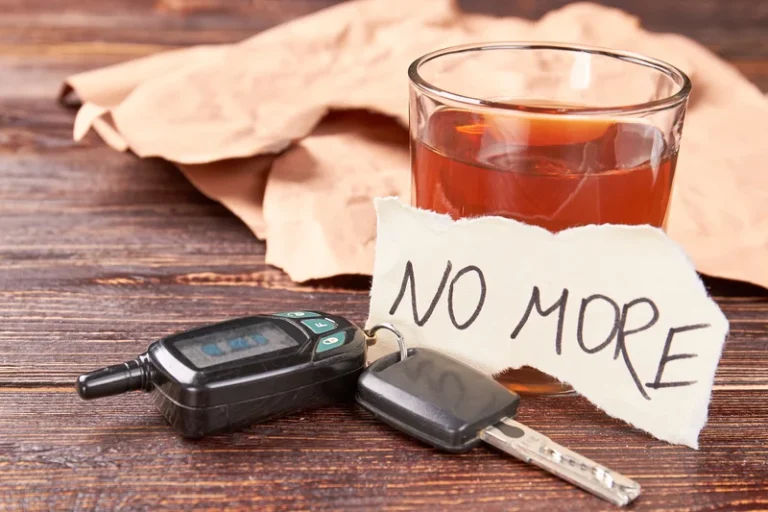Understanding and Implementing an Alcohol Taper Schedule
This way, you can share your successes with them, and they’ll understand why you’ve started turning down drinks or trips to the pub. That’s why – for people who are alcohol dependent – it’s important to talk to a knowledgeable health professional before stopping drinking. Firstly, if you think you may be dependent on alcohol, you should consult your doctor or another health professional. You could speak to https://ecosoberhouse.com/article/the-connection-between-alcoholism-and-anger/ your GP or a member of their team, or there are a number of national alcohol support services that you can confidentially self-refer to for advice and support. If the drink of choice is liquor, it is difficult to measure amounts and easy to binge drink. If it is a mixed drink, it can contain sugar or other additives that should not be included in the taper and may worsen the effects of withdrawal symptoms.
Drink water.
Drinkchat is a free online chat service with trained advisors offering confidential advice. Also, don’t get caught off guard thinking that since one craving has stopped, another one won’t come quickly. Instastly check if your insurance covers treatment at The Recovery Village. Instantly check if your insurance covers treatment at The Recovery Village. Once completed, you will receive an email with your benefit details. Sitting and talking with others who share your struggle can help you feel supported.
Figure out how much you actually drink
- However, improper tapering could lead to relapse, overdose, and severe health consequences.
- Symptoms indicative of alcohol dependence range from cravings and increased tolerance to withdrawal symptoms when not consuming alcohol.
- Alcohol withdrawal can cause something called kindling to occur in your brain.
- Alcohol is a central nervous system depressant that leads to an increase in brain neurotransmitters that slow down your brain’s functions, such as gamma-aminobutyric acid (GABA).
The condition encompasses a spectrum from mild to severe, with various physical and psychological symptoms that signal its presence. According to the Centers for Disease Control and Prevention (CDC), excessive alcohol use can lead to significant health risks, including injuries, violence, liver diseases, and cancer. For some people, the pain is so bad that they decide to start drinking again. It ends up being a cycle of trying to quit but not being able to because of the withdrawal symptoms.
Overview of Alcohol Dependence and Its Consequences
You can also get help by reaching out to a professional rehab facility directly, like The Recovery Village. We can leverage our resources and team to help you reduce and eventually end your alcohol use. However, some groups have stepped in to try to bridge this gap and have published sample tapering schedules to help those trying to stop drinking. “Once you have a sense of how much you’re drinking, it’s helpful to track how many drinks you’re having per day,” says Witkiewitz. “You could use a calendar, journal or any number of tracking apps.” Drink Control Alcohol Tracker or Less are two examples of free tracking apps available on iOS devices. If you answer “yes” to two to three questions, your symptoms align with mild AUD.
The main downside of cold turkey is how unpleasant and risky it can be. If you drink heavily, alcohol withdrawal symptoms can be harsh, dangerous, and even fatal. For this reason, it’s generally best to avoid quitting abruptly, or at bare minimum speak with a doctor first and have someone looking out for you. Some people avoid medically supervised rehab because they prefer natural remedies for alcohol withdrawal. Slowly tapering off alcohol is the safest way to naturally overcome alcohol withdrawal, and many at-home remedies can help you cope with mild withdrawal symptoms.
- While the safest way to taper is with professional help in a detox facility, this may not be an option for everyone.
- When that numbing sensation disappears entirely, the brain is left dangerously overstimulated.
- Medical experts now use the term “alcohol use disorder” rather than “alcohol abuse” to address the concern of excessive drinking.
- The key point to remember is that’s never safe to self-detox from alcohol at home.
How much alcohol is okay to drink?
After this is calculated, make a schedule where you consume your normal amount on the first day and make regular reductions each day after. While the safest way to taper is with professional help in a detox facility, this may not be an option for everyone. A person may need to detox at home for many reasons, including cost or time.
- If you’re sweating, place a cold towel on your forehead or on the back of your neck.
- A taper might be helpful for those who find they cannot stop drinking without experiencing negative symptoms.
- For instance, many people binge drink on the weekend without drinking during the week.
- Eating nutritious food, exercising, and getting enough sleep can help reduce some withdrawal symptoms, such as mood swings.
It’s a good idea to talk with a medical professional before you begin a taper. They can help you decide if it’s the safest way to start your recovery, and they can help you make a taper plan. These can indicate a life threatening how to taper off alcohol at home condition called delirium tremens. It’s important to seek urgent medical care if you experience any of these symptoms. Tell your family and friends that you’re aiming to stop drinking alcohol and explain why.
Reach out for support
- Your health and wellness is unique to you, and the products and services we review may not be right for your circumstances.
- Friends and family can provide emotional support, but the reality is they’re not medically trained to know what helps with alcohol withdrawal.
- To avoid severe alcohol withdrawal symptoms, you should slowly reduce alcohol consumption.
- Quitting alcohol cold turkey is not recommended and can be dangerous.
- Someone will slowly diminish the amount they drink with the intention of avoiding the symptoms of alcohol withdrawal completely and will hopefully be able to avoid a relapse as well.
- Think about all your work thus far and how much of a setback that would be.








